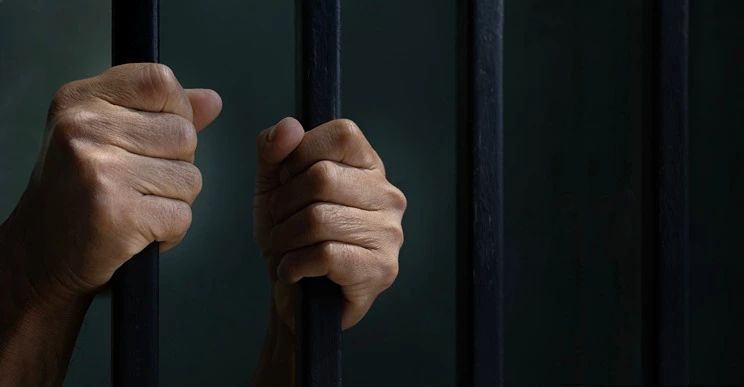If you’re facing a charge alleging domestic violence, you have the right to a defense. However, the idea of defending yourself against such a charge can be overwhelming, especially if there are ongoing family law issues as well.
There’s no one specific way to defend against a domestic violence charge. Each case is unique and depends upon the particular facts and circumstances of the relationship. The consequences of a conviction for domestic violence can be significant, and your Constitutional rights can be affected.
Continue reading to learn more, then contact Select Law Partners, PLLC, to discuss your case with a Virginia criminal defense attorney.
What’s at stake when facing a domestic violence charge?
Under Virginia law, domestic assault and battery is a Class 1 misdemeanor. This means that it is a criminal offense, and the consequences of a first-time conviction can include up to 12 months in jail and a $2,500 fine. Subsequent offenses often result in heavier sentences and third or subsequent convictions are classified as a felony under Virginia law. More serious forms of domestic violence, such as strangulation or malicious bodily injury, are also felony offenses.
Social and Professional Penalties
In addition to those formal penalties, a domestic violence conviction can also affect your employment. A conviction can affect your employment – especially a security clearance – and may also affect your ability to possess firearms. Additionally, upon a conviction for domestic violence, a court can impose a protective order against a defendant for a period of up to two years. The issuance of a protective order requires a defendant to surrender their firearms and concealed carry permit within 48 hours of issuance.
What are your options for fighting a domestic violence charge?
Every case is different, and your defense will depend upon the specifics of your relationship with your accuser and the circumstances that led to the arrest warrant being issued. Possible defenses include self-defense if the relationship was particularly turbulent and there is a history of violence by the accuser. If there are ongoing family law issues (like divorce or child custody or support), those issues can be a motivation to pursue a criminal charge.
Additionally, a domestic assault and battery requires that the prosecutor prove that the defendant and accuser are “family or household members” under Virginia law. This a specific legal term and, if the defendant and accuser were never married or have no children in common, proving this relationship can be difficult in certain situations.
Finally, if the complaining witness is a child, Virginia law has specific requirements for proving the allegations exceeded the boundaries of permissible child discipline under Virginia law.
Our Lawyers are here for you.
You should never move forward with a domestic violence charge without first exploring your possible defenses with an experienced defense lawyer. The risks of a conviction are too high to face without legal counsel, and an experienced criminal defense attorney can give you the best chance of securing a favorable outcome. The attorneys at Select Law Partners, PLLC, have handled thousands of domestic violence charges and will review the details of your case and help you formulate a defense strategy. Don’t face a domestic violence charge alone – contact us at 703-740-3418 to get the experienced legal counsel you need to fight domestic violence charges. We’re here to help!
Bennett Brasfield
Latest posts by Bennett Brasfield (see all)
- How Do I Obtain a Protective Order? - April 2, 2024




